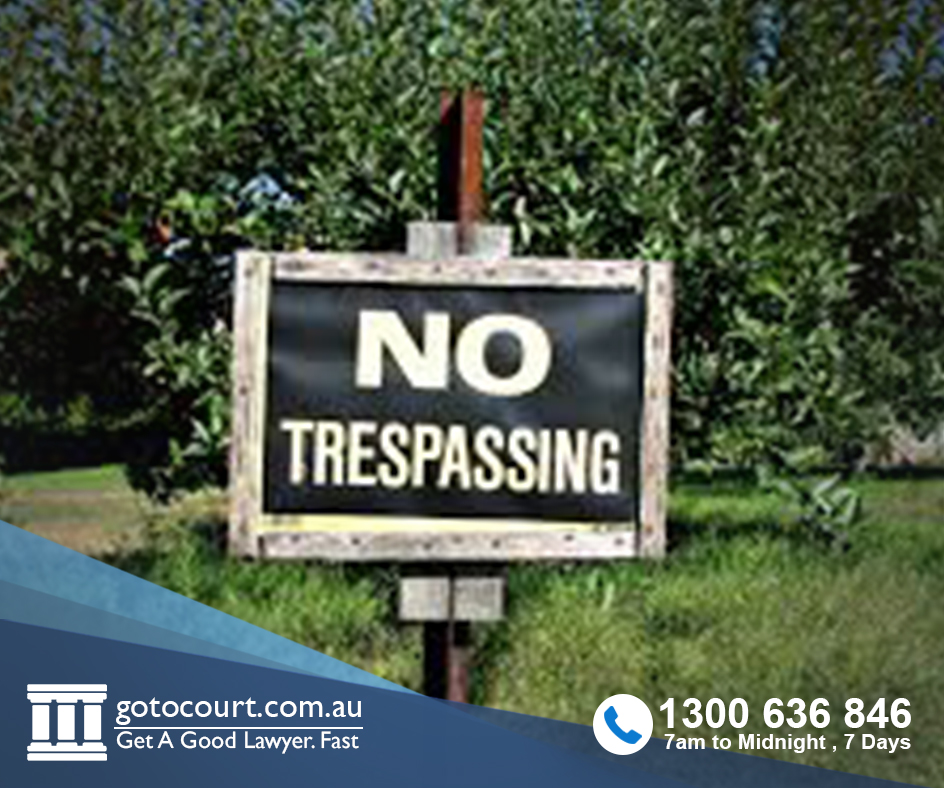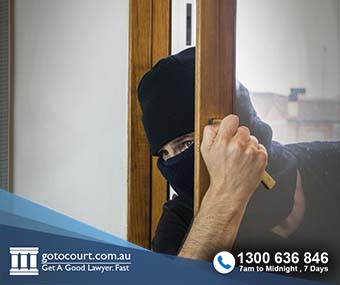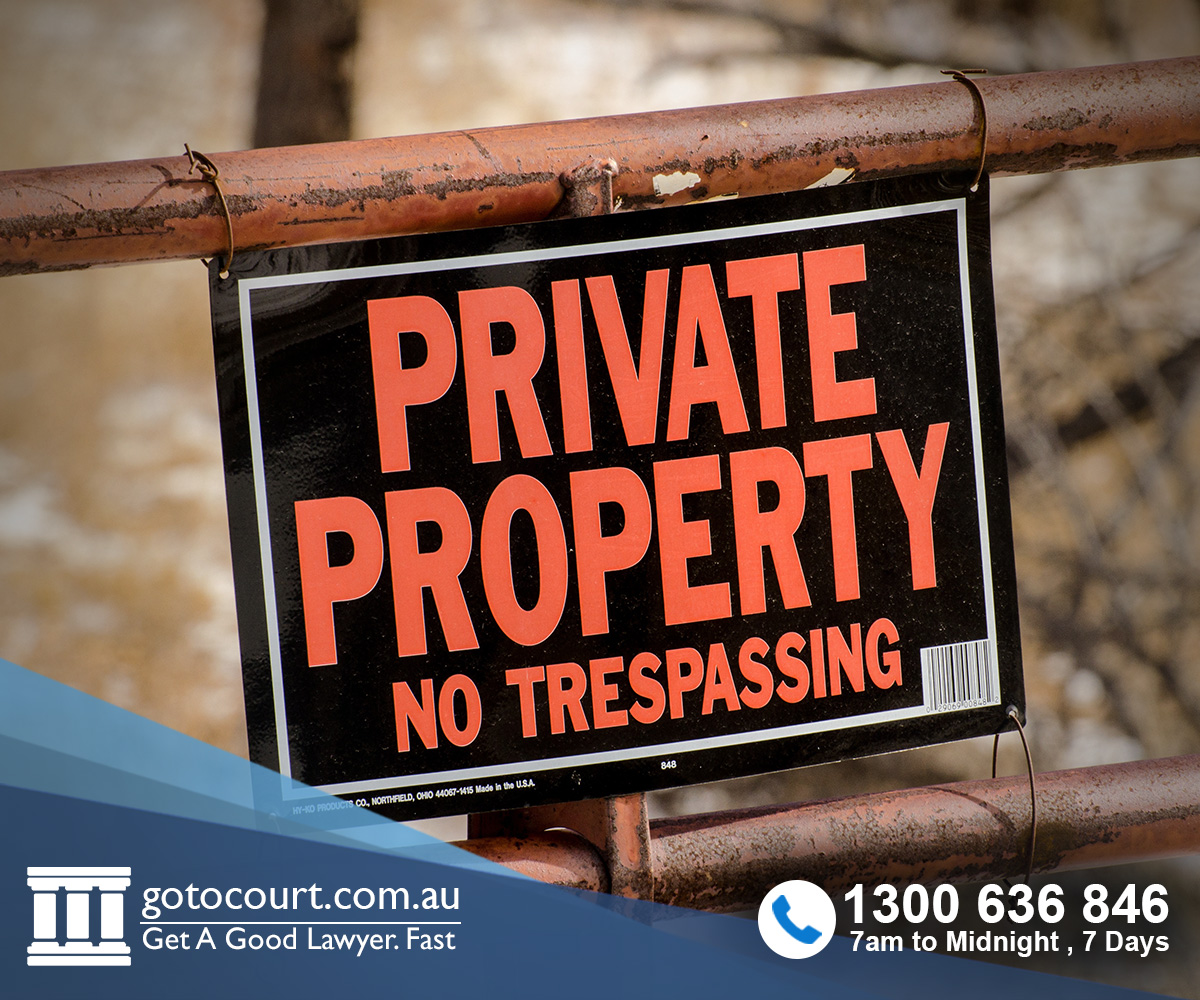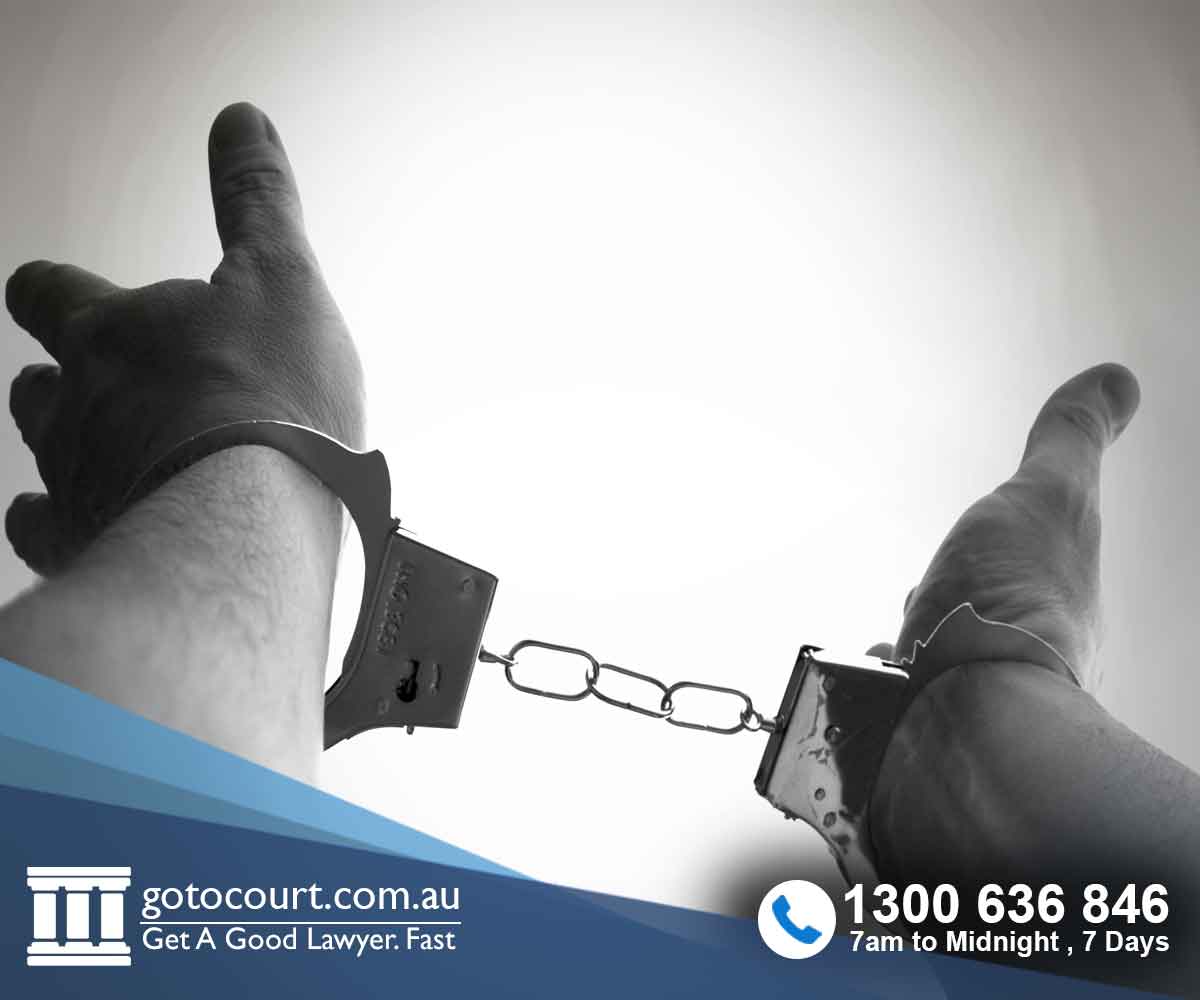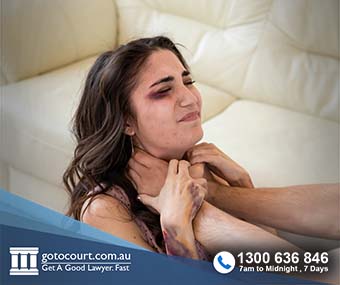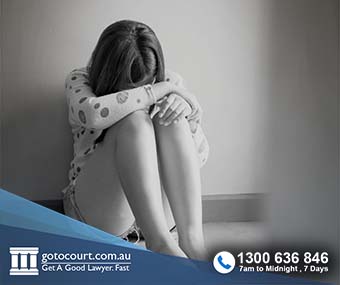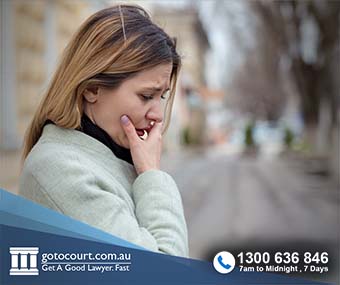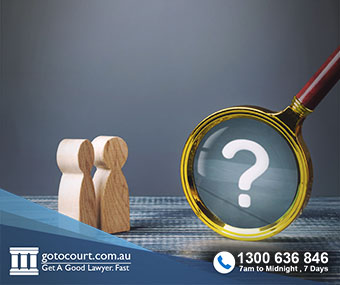Call our lawyers
now
or,
have our lawyers
call you
Malicious Damage in Queensland
Updated on Jan 31, 2024 • 4 min read • 743 views • Copy Link
Malicious Damage in Queensland
What is ‘malicious damage’?
It is a criminal offence to damage property intentionally and without lawful excuse. This includes public property, commercial property and private property. In Queensland this offence is known as wilful damage and is governed by Section 469 of the Criminal Code. In other states and territories, this offence is referred to as criminal damage and property damage. There is no longer a specific offence known as malicious damage, though the term is still widely used.
‘Malicious damage’ is one of the most commonly reported criminal offences. It incorporates a wide range of activities including graffiti, vandalism and deliberate or reckless destruction of property. In some circumstances, it is even possible for a person to be found guilty of damaging their own property. For example, where a person deliberately damages their car in order to make an insurance claim.
An item need not be destroyed completely in order for the offence to be made out. It is enough that it is rendered ‘imperfect or inoperative’: “A” (A Juvenile) v The Queen [1978] Crim L Rev 689.
Defences
The following legal defences can be relied on.
Absence of intent
To be found guilty of malicious damage, you must have done the damage intentionally. If the damage was an accident, it does not give rise to an offence.
Consent
It is a defence to malicious damage if the owner of the property consented to you damaging it. An example of this would be a neighbour agreeing to you breaking up some old furniture to use as firewood.
Extraordinary emergency
Another defence to ‘malicious damage’ is extraordinary emergency. It is not an offence to damage property where someone is in danger of death or serious injury. An example of this would be ripping up someone’s clothing to bandage a profusely bleeding wound.
Compulsion or duress
Compulsion or duress is also a defence. If a woman in a domestic violence relationship damages property because her partner demands that she do so and threatens her with violence if she does not obey, then she will not be found guilty of ‘malicious damage.’
Sentencing
In Queensland, there are a range of maximum penalties specified for the offence of wilful damage, depending on the nature of the property concerned and the way the damage was inflicted. Offences against Section 469 range from minor offences to extremely serious offences that carry a maximum penalty of life imprisonment.
The legislation provides for different penalties for a number of different categories of property damage. The maximum penalty for wilful damage that does not fall into any special category is five years imprisonment. However, where the offence is motivated by hate of a person or group on the basis of race, religion, sexuality, sexual characteristics or gender identity, that penalty increases to seven years.
Destroying or damaging premises by explosion, where someone is present in the property and/or a life is endangered carries a maximum penalty of life imprisonment.
Penalties for Wilful Damage
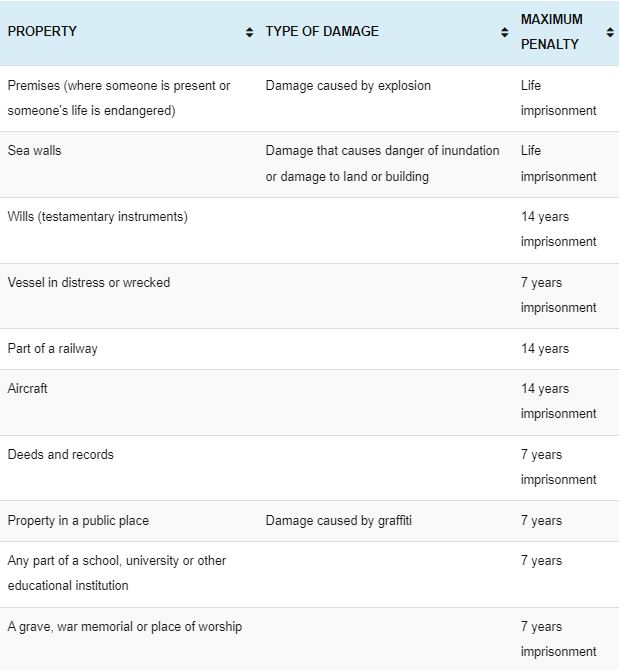
Which court will deal with the offence?
There are different categories of offences in Queensland, which are heard in different courts. While misdemeanours are heard in the Magistrates Court, Crimes are heard in either the District Court or the Supreme Court. In some cases, parties have a choice as to whether to consent to a matter being heard in the Magistrates Court or insist that it be dealt with in the District or Supreme Court.
Simple wilful damage is a misdemeanour and is heard in the Magistrates Court. All of the offences in the above table are crimes and may be heard by the higher courts.
Restitution Orders
When a person is found guilty of a property damage offence, the court can order them to pay restitution in addition to any sentence imposed. This means the offender has to repay the victim the cost of the damage caused. This can be done in a lump sum or in instalments, depending on the offender’s financial capacity. However restitution orders are generally only made against offenders who have the capacity to pay. As ‘malicious damage’ offences are frequently committed by juveniles, who have no source of income, there are many cases where a finding of guilt is recorded for ‘malicious damage’, but no restitution order is made.
If you require legal advice or representation in relation to a ‘malicious damage’ offence, please contact Go To Court Lawyers.


Affordable Lawyers
Our Go To Court Lawyers will assist you in all areas of law. We specialise in providing legal advice urgently – at the time when you need it most. If you need a lawyer right now, today, we can help you – no matter where you are in Australia.How It Works








1. You speak directly to a lawyer
When you call the Go To Court Legal Hotline, you will be connected directly to a lawyer, every time.


2. Get your legal situation assessed
We determine the best way forward in your legal matter, free of charge. If you want to go ahead and book a face-to-face appointment, we will connect you with a specialist in your local area.


3. We arrange everything as needed
If you want to go ahead and book a fact-to-face appointment, we will connect you with a specialist in your local area no matter where you are and even at very short notice.



